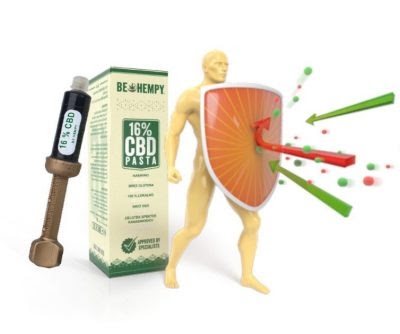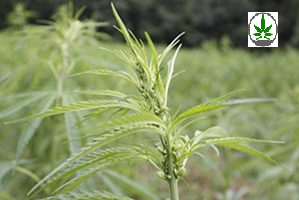Exploring the Potential of CBD Oils for Depression
In recent years, the use of CBD oils for depression has garnered significant attention in the field of mental health. Depression is a widespread and debilitating mental disorder that affects millions of people worldwide. While traditional treatments like therapy and medication have proven effective for many, some individuals seek alternative and complementary approaches to manage their symptoms. This is where CBD (cannabidiol) comes into play.
CBD is one of the many compounds found in the cannabis plant. Unlike
its well-known counterpart, THC (tetrahydrocannabinol), CBD does not produce a
"high" and is generally considered safe for use. Researchers have
been investigating the potential therapeutic benefits of CBD for various
conditions, including depression.
One of the ways CBD may help with depression is through its interaction
with the endocannabinoid system (ECS) in the body. The ECS plays a crucial role
in regulating mood, emotions, and overall well-being. CBD is believed to
influence the ECS by increasing the availability of endocannabinoids, which are
natural compounds that help maintain balance in the body.
Studies have shown that CBD may have antidepressant-like effects by
promoting the release of serotonin, a neurotransmitter associated with mood
regulation. Low serotonin levels are often linked to depressive disorders, and
medications like selective serotonin reuptake inhibitors (SSRIs) are commonly
prescribed to boost serotonin levels. CBD may offer a natural alternative to
enhance serotonin signalling.
Furthermore, CBD is known for its anti-anxiety properties, which can
be particularly beneficial for individuals with depression, as anxiety often
co-occurs with depressive symptoms. By reducing anxiety, CBD may indirectly
alleviate some of the emotional distress associated with depression.
It's important to note that while the preliminary research on CBD for
depression is promising, more clinical trials are needed to establish its
effectiveness conclusively. Depression is a complex and multifaceted condition,
and what works for one person may not work for another. Therefore, individuals
considering CBD as a treatment for depression should consult with a healthcare
professional to discuss their options and develop a personalized treatment
plan.
When using CBD oils for depression, it's crucial to choose a high-quality
product from a reputable source. Look for products that are third-party tested
for purity and potency. The appropriate dosage may vary from person to person,
so starting with a lower dose and gradually increasing it under medical
supervision is recommended.
In conclusion, CBD oils for depression show
promise as a complementary approach to managing symptoms of this debilitating
mental health condition. While more research is needed to fully understand its
mechanisms and efficacy, many individuals have reported positive outcomes. As
with any alternative therapy, it's essential to consult with a healthcare
provider to determine the best treatment plan tailored to individual needs. CBD
may provide a ray of hope for those seeking new avenues to manage their
depression and improve their overall quality of life.





Comments
Post a Comment